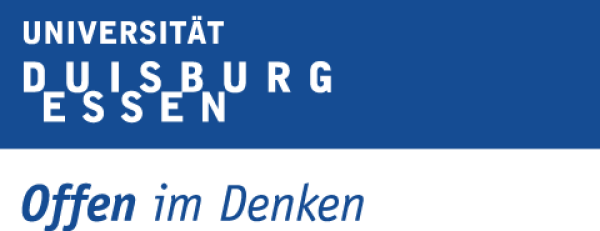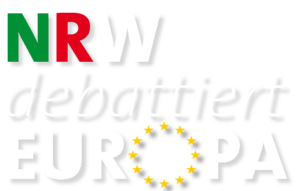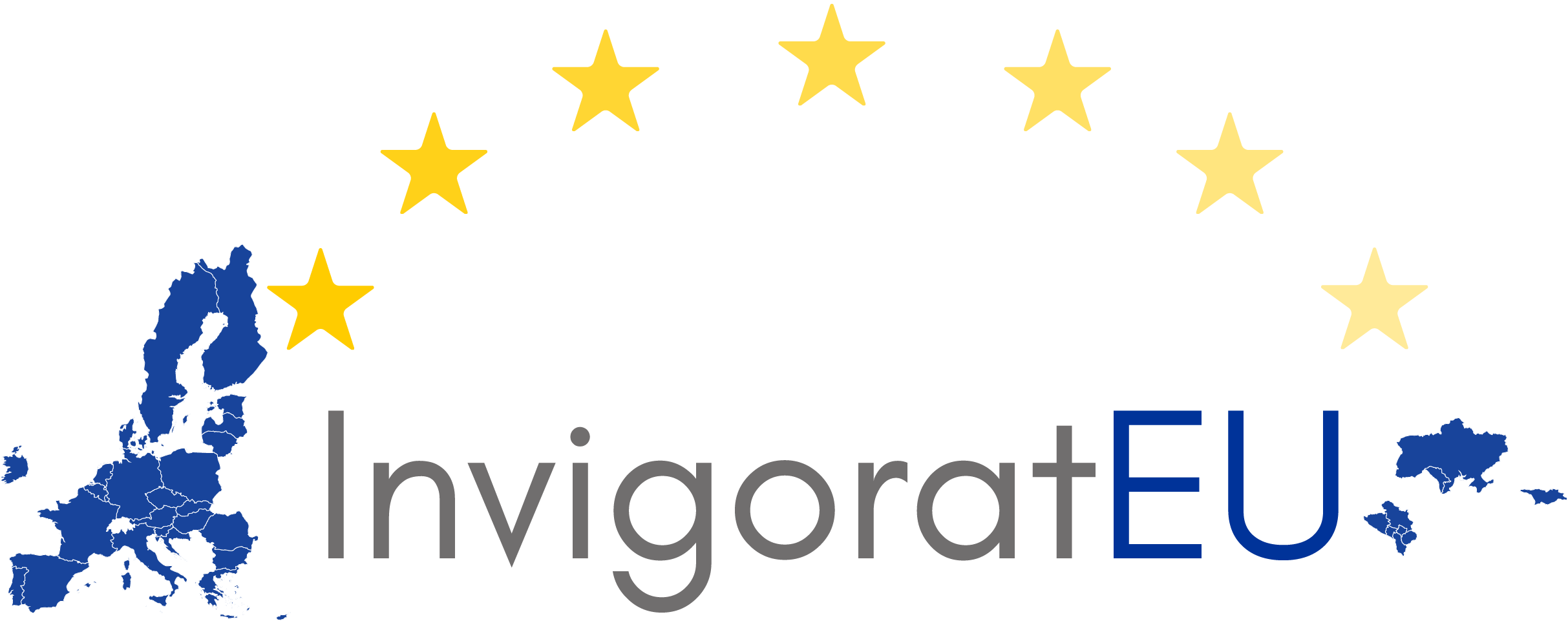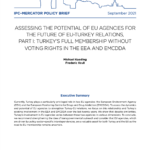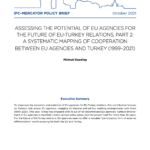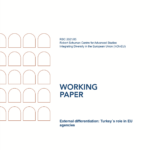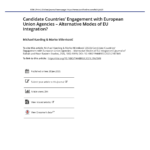There are currently 48 EU agencies, located in over 22 EU Member States. More than ever, EU agencies stand for solutions to European problems and a promoter for European integration. A mostly neglected feature of EU agencies is the growing involvement of third countries in EU agencies as a form of external differentiated European integration. Currently, Turkey fully participates in only 2 out of 34 powerful decentralised regulatory EU agencies: the European Environment Agency (EEA) and the European Monitoring Centre for Drugs and Drug Addiction (EMCDDA).
Since no uniform rule exists concerning the systematic involvement of third countries in EU agencies this project addresses the following question: Whether, in which policy areas and under what conditions could Turkey’s (enhanced) involvement in EU agencies be used as one of EU membership substitute mechanisms as a form of external differentiation? Departing from the current Turkish experiences (EEA and EMCDDA) this project will assess Swiss (EFTA) and Norwegian (EEA) long-standing experiences with EU agencies, and the UK’s evolving new forms of cooperation, covering policy areas of particular importance to EU-Turkey relations (f.ex. migration, security and energy).
This project will explore the dynamic and flexible nature of cooperation through EU agencies as a potential valuable asset for Turkey and the EU given the often very long and uncertain road to EU membership – amid prolonged enlargement fatigue across the EU Member States.
Publications
Below you will find publications by members of the chair that deal with the topic of relations between EU agencies and Turkey. Click on the cover to find out more about the publication.
Publication: Assessing the Potential of EU Agencies for the Future of EU-Turkey Relations, Part I: Turkey's Full Membership without Voting Rights in the EEA and EMCDDA. Kaeding, M. & Krull, F. (2021). IPC Policy Brief.
Currently, Turkey plays a particularly privileged role in two EU agencies: the European Environment Agency (EEA) and the European Monitoring Centre for Drugs and Drug Addiction (EMCDDA). To assess the dynamics and potential of EU agencies to strengthen Turkey-EU relations, we focus on this relationship and Turkey’s existing involvement in the EEA and EMCDDA over the last twenty years. We show that despite similarities, Turkey’s involvement in EU agencies varies between these two agencies in various dimensions. To conclude, we recommend strengthening the idea of transgovernmental outreach and consider that EU agencies, which are driven by policy sector-specific interdependencies, are a valuable asset for both Turkey and the EU as the road to EU membership remains uncertain.
Publication: Assessing the Potential of EU Agencies for the Future of EU-Turkey Relations, Part 2: A Systematic Mapping of Cooperation Between EU Agencies and Turkey (1999-2021). Kaeding, M. (2021). IPC Policy Brief.
To showcase the dynamics and potential of EU agencies for EU-Turkey relations, this contribution focuses on Turkey’s role across EU agencies, mapping its bilateral and ad hoc working arrangements with them (1999–2021). This year, Turkey has engaged with 18 out of 34 decentralized EU agencies. Turkey’s involvement in EU agencies is manifold, covers various policy areas, and has proven itself for more than 20 years. For the future of EU-Turkey relations, EU agencies seem to offer a valuable “participatory form of external differentiation” worth pursuing for both the EU and Turkey.
Publication: Assessing the Potential of EU Agencies for the Future of EU-Turkey Relations, Part 3: Mapping EU Agencies' Coverage in the Turkish Press (2002-2021). Kaeding, M., & Demirpolat, Z. (2021). IPC Policy Brief.
As an EU candidate country, Turkey aspires to be part of Europe’s future. EU agencies play a pivotal role in shaping this future. While Turkey’s relations with EU agencies have taken a variety of forms, this policy brief assesses the relevance and perception of EU agencies in Turkey through focusing on media coverage of EU agencies in the Turkish media. Assessing the Turkish media coverage of EU agencies for the last 20 years, we find that EU agencies have attracted more and more attention across Turkish media over the last few years. But while some EU agencies attract near constant media coverage, there are still a few that have re- ceived limited media coverage or none at all despite their relevance for EU-Turkey relations. Turkish media can play a crucial role in informing the Turkish public about EU agencies and their role in shaping Europe’s future, with great potential for the future of EU-Turkey relations.
Part 1: Turkey's Full Membership without Voting Rights in the EEA and EMCDDA
Part 2: A Systematic Mapping of Cooperation Between EU Agencies and Turkey
Part 3: Mapping EU Agencies' Coverage in the Turkish Press (2002-2021)
Publication: External differentiation: Turkey's role in EU agencies. Kaeding, M., Milenković, M. (2021) InDivEU Working Paper. RSC 2021/85.
Decentralised EU agencies stand for solutions to European problems assisting in designing and implementing Europe ́s future. An often neglected feature is the growing outreach of EU agencies towards third countries as a 'participatory form of external differentiation'. To showcase the dynamic and potential of EU agencies for accession countries this contribution focuses on Turkey's role across EU agencies assessing its working arrangements with EU agencies (1999- 2021). We find that Turkey engages with 18 EU agencies in different forms, covering various policy areas and driven by different logics of action.
Publication: Kaeding, M. and M. Milenkovic (2023)“Candidate Countries’ Engagement with European Union Agencies – Alternative Modes of EU Integration?”, Journal of Balkan and Near Eastern Studies https://doi.org/10.1080/19448953.2023.2167349
Decentralized EU agencies have played an important role in the Union’s institutional landscape over the last three decades. Various engagement logics and types of cooperation have previously been investigated for the European Economic Area and EU Eastern Partnership countries, but not for the five countries that received EU candidate status by 2021—Turkey and four Western Balkans countries—Montenegro, Serbia, Albania, and Northern Macedonia. Covering the period between 1999 and 2021 analysis found that 23 out of 34 agencies observed had some type of engagement with these candidates, while serving both EU’s broader foreign policy interests and advancing the sector-specific alignment of candidates. This also suggests that it is possible to frame these engagements as a form of external EU differentiation.
